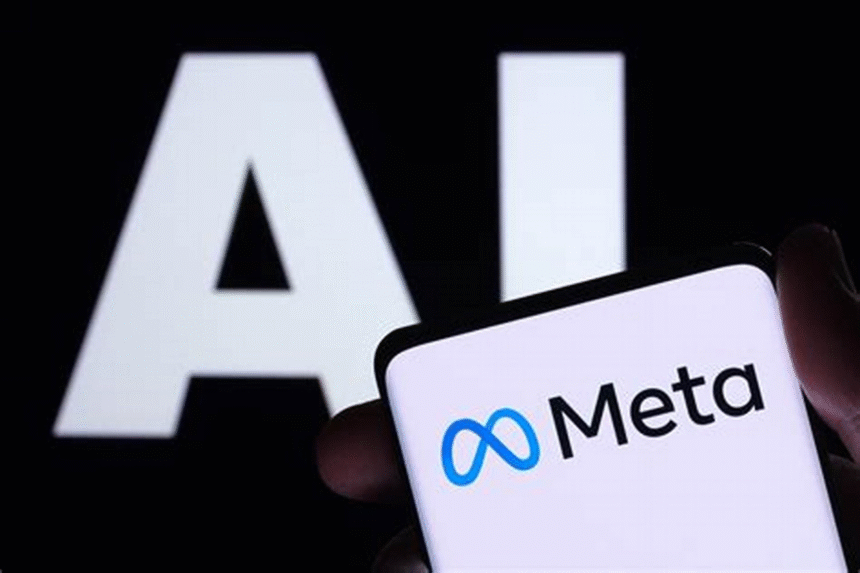On Wednesday, Meta Platforms and TikTok moved their battle with digital authorities to Europe’s second-highest court and sued EU, arguing that a supervision fee imposed by the European Union (EU) on them was excessive and based on a flawed methodology.
The two businesses and 16 others are liable for a supervisory fee equal to 0.05% of their yearly global net income under the Digital Services Act, which went into effect in 2022. This fee is intended to pay the European Commission’s costs of keeping an eye on the companies’ adherence to the legislation.
The average monthly active user count for each business and whether or not the business reported a profit or loss in the previous fiscal year determine how much the annual charge is.
After TikTok and Meta sued EU, Meta told justices at the General Court that it was not attempting to evade paying its fair part of the fee, it questioned the Commission’s methodology, claiming that the tax had been determined using the group’s revenue rather than the subsidiary’s.
Assimakis Komninos, Meta’s attorney, said the five-judge panel that the corporation was still unsure about the fee’s calculation.
He said the provisions in the Digital Services Act, or DSA, “go against the letter and the spirit of the law, are totally untransparent with black boxes and have led to completely implausible and absurd results”.
TikTok, a Chinese online social media network owned by ByteDance, received similar criticism.
TikTok lawyer Bill Batchelor told the court:
“What has happened here is anything but fair or proportionate. The fee has used inaccurate figures and discriminatory methods”.
He added:
“It inflates TikTok’s fees, requires it to pay, not just for itself, but for other platforms and disregards the excessive fee cap”.
Bill Batcher accused the Commision of unfairly counting the users of companies twice, because switching between mobile phones and laptops would result in customers being counted twice.
Additionally, he said that by capping fees at group profits, regulators had overreached their legal authority.
The Commission’s use of group profit as a reference value to determine the supervision charge was supported by attorney Lorna Armati, who dismissed the objections of both corporations.
Armati told the court:
“When a group has consolidated accounts, it is the financial resources of the group as a whole that are available to that provider in order to bear the burden of the fee”.
She also added:
“The providers had sufficient information to understand why and how the Commission used the numbers that it did and there is no question of any breach of their right to be heard now, unequal treatment”.
Next year, the Court is anticipated to render its decision.
The cases are T-58/24 TikTok Technology v. Commission and T-55/24 Meta Platforms Ireland v. Commission.
